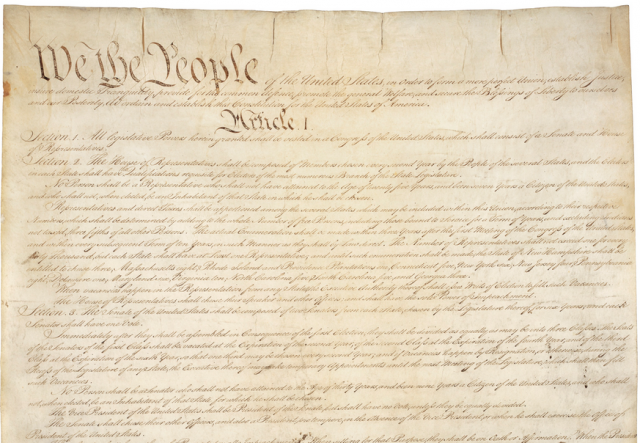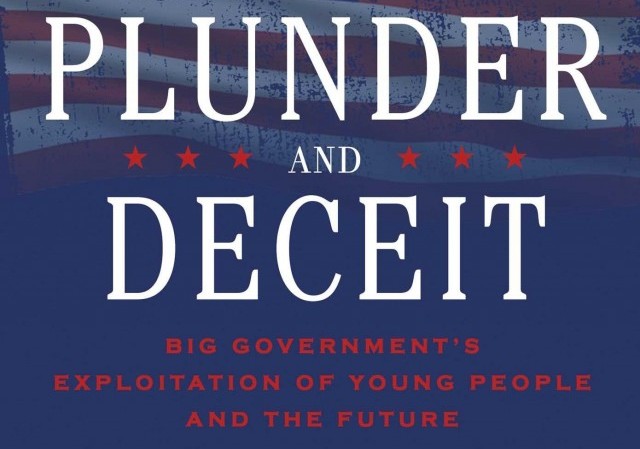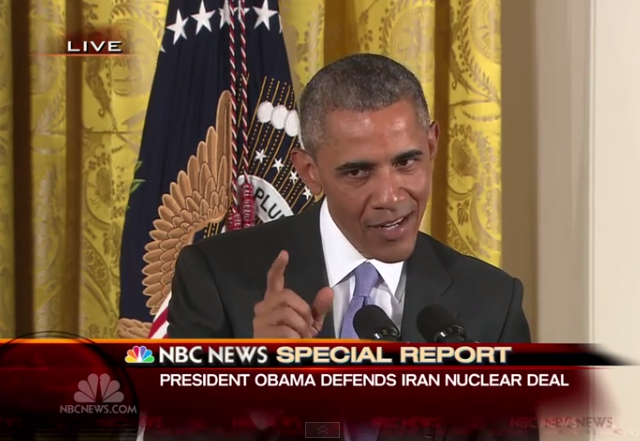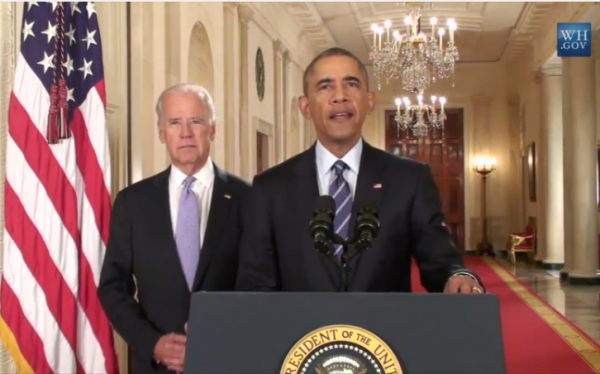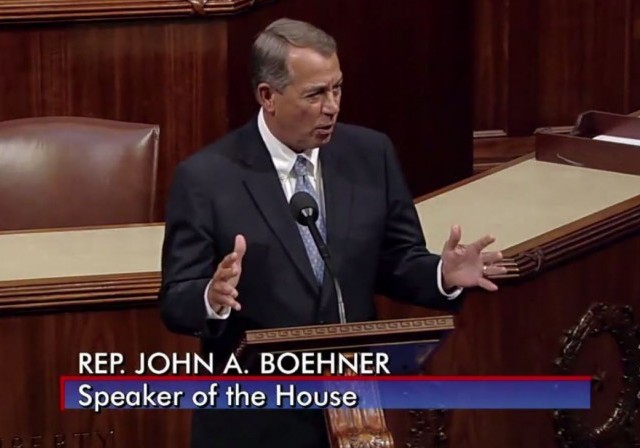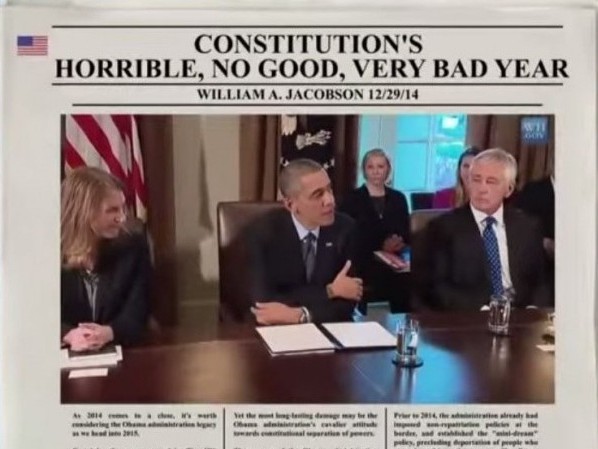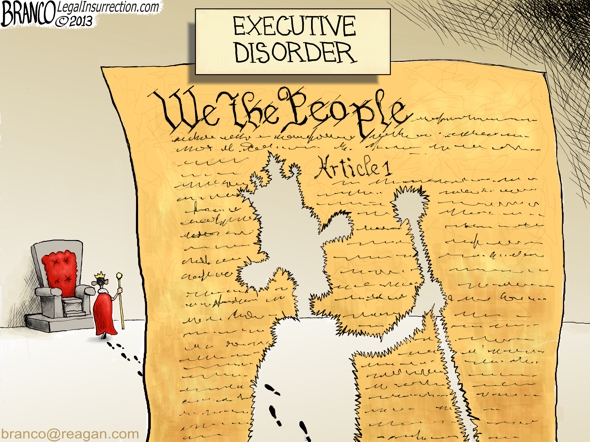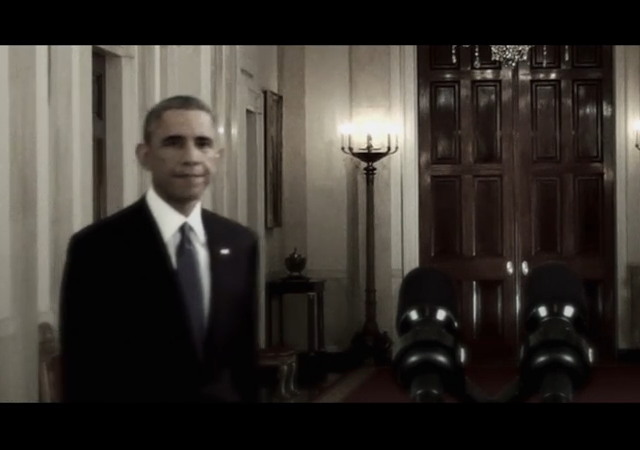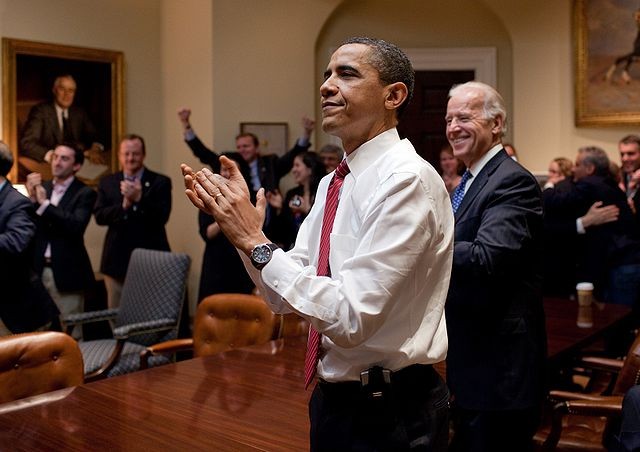One of the most frequent questions I get is "How can we stop Obama from ...."
The ellipses reflects that there are a variety of issues on which people want Obama stopped.
The answer to most of those questions is, as Obama himself suggested, to
go out and win some elections.
And that is exactly what just happened earlier this month.
In what appropriately could be termed a legal insurrection, voters around the country rejected the Party of Obama and his policies. So much so that Republicans in the House have a historic majority even beyond what the 2010 wave brought in, and Republicans regained control of the Senate by a comfortable margin.
That will go a long way towards stopping Obama, but only if Obama respects the boundaries of his constitutional power.
By tradition, a President respects the constitutional powers of the other branches of government, although there always is tension. When that respect is breached, there is precious little constitutional enforcement power.
Congress can write laws, but it cannot execute those laws; for that Congress depends on the Executive Branch, which is given some level of enforcement discretion since no legislation can be so specific as to delineate who does what and when.
Similarly, the Courts are loathe to get involved in refereeing political disputes between Congress and the President, and there even are questions as to whether Congress has "standing" to sue to demand enforcement. The Supreme Court has no army, other than the public expectation that its decisions will be respected.
On the flip side, Congress has no power, for example, to conduct its own foreign policy, appoint its own ambassadors and operate its own embassies.
The bonds that keep our constitutional system working are not through the barrel of a gun, but through the core good faith of each branch respecting constitutional boundaries.

